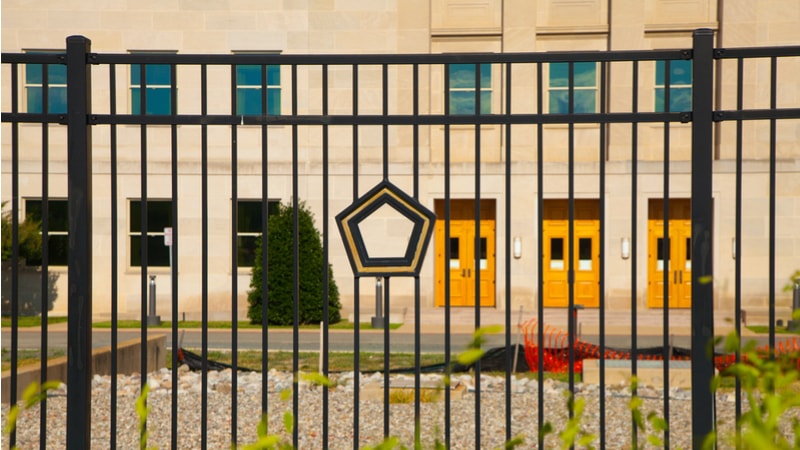
Defense Department (DoD) leaders called on U.S. allies this week for a collective push to leverage artificial intelligence (AI) technologies and improve space capabilities to tackle future security challenges.
During the South American Defense Conference on Aug. 28 in Santiago, Chile, Chairman of the Joint Chiefs of Staff Gen. CQ Brown, Jr. acknowledged that every country is looking at ways to improve their capabilities with AI “[but] it’s not enough to just sprinkle ‘AI dust’ on everything and expect transformation.”
Real progress on that front, he said, requires overcoming seven key challenges: infrastructure, architecture, data, focus, resourcing, talent, and culture.
“These seven challenges … are challenges we all face,” Brown said. “But by working together, we can share knowledge, experience and solutions [that enable] us to unlock the full potential of this new technology within our network of allies and partners.”
“When new domains emerge, power can tilt towards those who master them,” Brown stated.
For the space domain, Brown explained that although advancements in space have brought economic advancement and development around the globe, they can also reshape global power dynamics.
“We must work together to develop norms of behaviors that respect all nations’ rights,” Brown said, “creating a space network where everyone can benefit from its unique capabilities – all for the common good.”
Army Gen. Laura J. Richardson, commander of U.S. Southern Command, discussed the command’s Enhanced Domain Awareness initiative and the Common Space Operating Picture, which aims to improve space operational insights and integrate responsible AI into government operations.
“Our goal is to boost space domain awareness and enhance our collective readiness and resilience,” Richardson stated at the conference.
“As allies and partners, we will continue our efforts to enable our collective space domain awareness; and improve our readiness, resiliency and capability to overcome threats,” she said.
